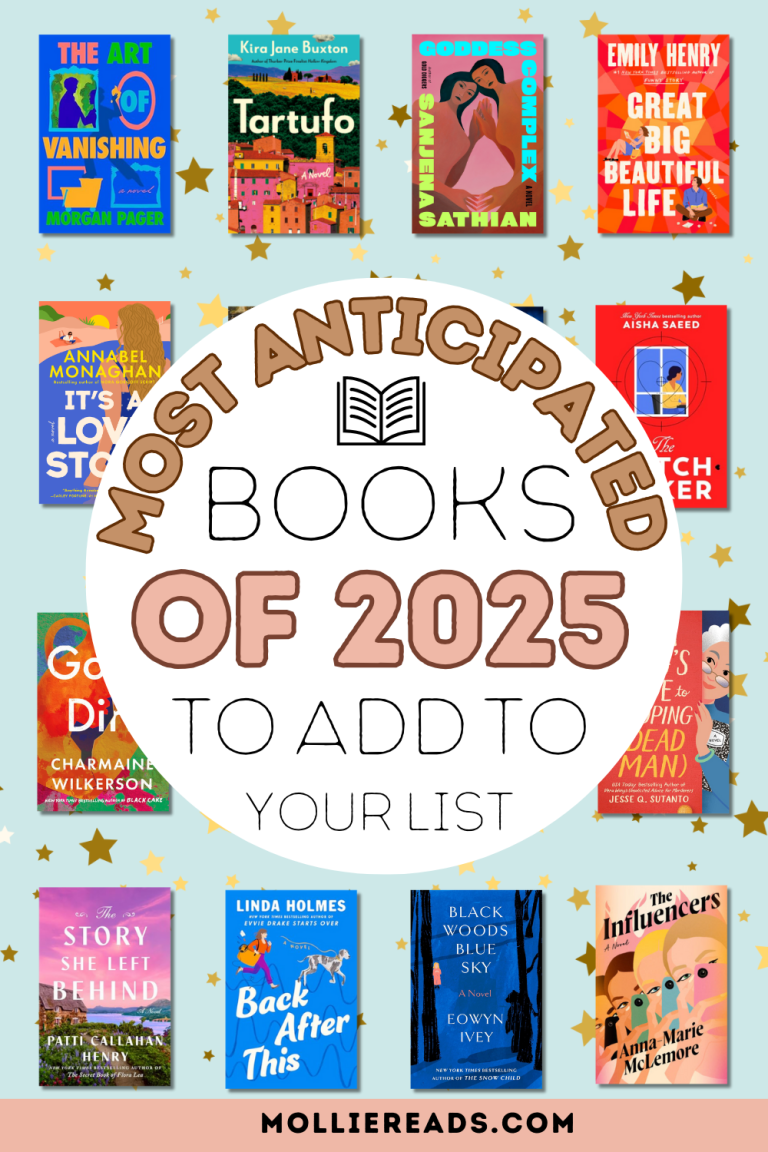As we delve into the literary offerings of 2025, readers are treated to an eclectic mix of compelling narratives that traverse diverse themes and settings. At the forefront is Chimamanda Ngozi Adichie’s *Dream Count*, a monumental return after her celebrated work, *Americanah*. This novel intricately weaves together the lives of three Nigerian women whose dreams collide with the harsh truths of their realities. With rich character development and explorations of pertinent social issues like race and power dynamics, *Dream Count* has already garnered acclaim, described by *The Observer* as an expansive narrative experience that illustrates profound interpersonal connections. Meanwhile, Han Kang’s *We Do Not Part*, awarded the 2024 Nobel Prize, captivates with a haunting blend of dreams and historical reflection, drawing us into the poignant relationship between two women as they navigate the legacy of violence in Korea. Critics have praised Kang’s compelling prose, depicting the intricate bond of body and soul with disquieting beauty, thus affirming her status as a literary visionary.
In addition to these powerful offerings, readers can explore *Stag Dance* by Torrey Peters, whose vibrant stories encompass a range of themes from romance to dystopia, featuring imaginative tales like that of 19th-century lumberjack festivities. Similarly, Abdulrazak Gurnah’s *Theft* presents a nuanced coming-of-age story in postcolonial East Africa, skillfully exploring friendship and betrayal through richly developed characters. Readers then encounter *Universality* by Natasha Brown, a satirical take on identity politics that engages with contemporary societal issues through sharp wit. Moreover, debut novels like *The Names* by Florence Knapp and *Confessions* by Catherine Airey highlight the complexities of destiny and generational trauma, respectively, while Ocean Vuong’s *The Emperor of Gladness* delivers an emotional coming-of-age narrative that resonates with modern readers. Each of these remarkable works reflects the diverse voices of today’s literary landscape, inviting discussion on pertinent social themes and the intricate layers of human experience.
Exploring New Narratives in Fiction
The literary landscape of 2025 is vividly painted by titles like *Dream Count* by Chimamanda Ngozi Adichie. Heralded as a significant return after over a decade since *Americanah*, this novel weaves the lives of three Nigerian women grappling with their dreams versus reality. Critics characterize it as “four novels for the price of one,” citing its deep themes of gender and post-colonial identity.
Similarly, *We Do Not Part* by Han Kang unearths a poignant narrative that challenges perceptions of reality and memory. Recognized for its intricate exploration of personal connections against the backdrop of historical violence, Kang’s work is an essential read, especially after being lauded by *The LA Times* as “exquisite and profoundly disquieting.” Such works indicate a refreshing trend in contemporary fiction, where stories navigate complex emotional and social subjects.
Torrey Peters’ *Stag Dance* further enriches this theme by blending historical elements with modern storytelling. Set among 19th-century lumberjacks planning a winter dance, Peters flaunts her craftsmanship, celebrating the interconnections we all share and the fragility of human relationships. The delight in reading is evident as critics laud her for playful yet insightful narratives, suggesting a rejuvenation in the storytelling style.
Thematic Depth in Modern Fiction
Nobel laureate Abdulrazak Gurnah’s *Theft* intricately examines friendship and cultural diversity in postcolonial East Africa. Following the intersecting lives of three teenagers, Gurnah’s portrayal of loyalty and betrayal has drawn significant acclaim, with experts highlighting his storytelling expertise and its relevance in today’s multicultural dialogues.
In contrast, Natasha Brown’s *Universality* critiques contemporary media and identity politics through sharp satire. By fusing humor with a narrative exploring socio-economic divides in the UK, her work shines a light on pressing societal issues, resonating with critics who describe it as “enormous, nasty fun.” This blend of humor and critique exemplifies how fiction can be both engaging and thought-provoking.
The emotional core found in Ocean Vuong’s *The Emperor of Gladness* enhances this thematic exploration as it addresses themes of identity, community, and personal struggle within a backdrop of shared work experiences. Critics commend its depth, reinforcing modern fiction’s capacity to tackle complex emotional experiences in a relatable way. Overall, these narratives signify a significant shift towards addressing profound human experiences in literature.
Summary
The list of the 12 best books of 2025 so far showcases a diverse range of compelling fiction, highlighting significant themes across various narratives. Notable titles include *Dream Count* by Chimamanda Ngozi Adichie, which intricately weaves the lives of three Nigerian women with poignant explorations of race and power; *We Do Not Part* by Han Kang, a narrative that elegantly straddles dreams and history; and *Stag Dance* by Torrey Peters, offering a blend of romantic and dystopian tales. Other remarkable entries such as *Eden’s Shore* by Oisín Fagan present historical epics filled with dark humor, while *The Dream Hotel* by Laila Lalami and *Flesh* by David Szalay tackle the implications of technology and the complexities of growing up, respectively. This year’s selection encapsulates profound storytelling that resonates with readers, reflecting contemporary societal struggles alongside personal journeys.



More Stories
Itumeleng Khune Celebrates His 38th at Clash of Legends
Roberto Calvi Murder: Unraveling the Dark Intrigue
Return to Oz: A Frightening Cult Classic of the 1980s